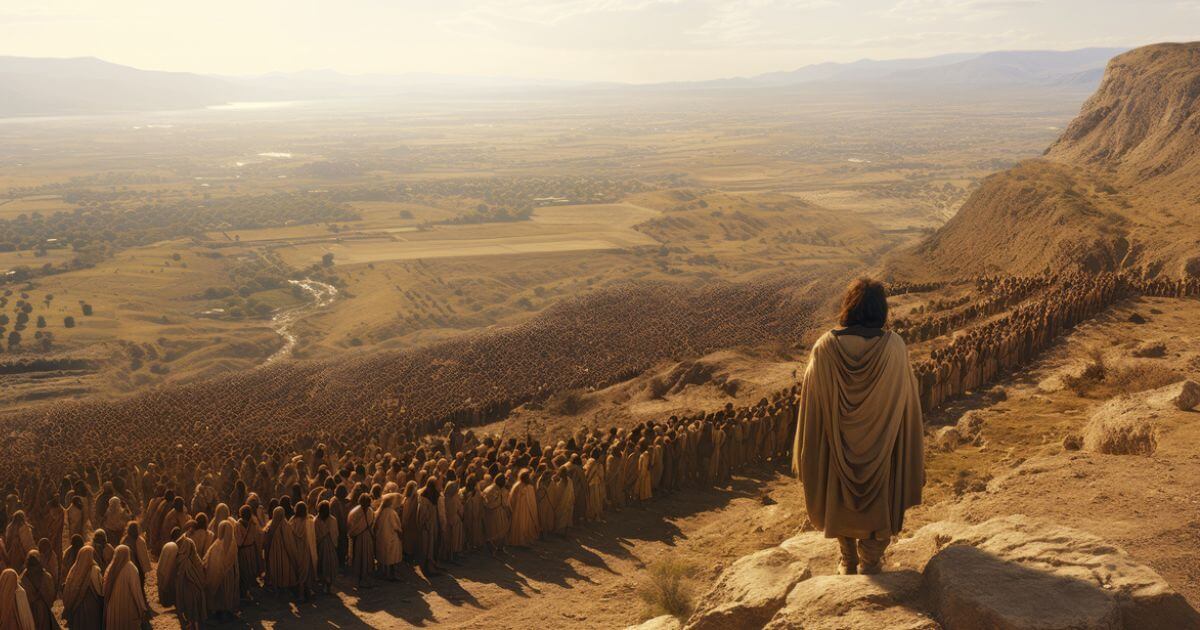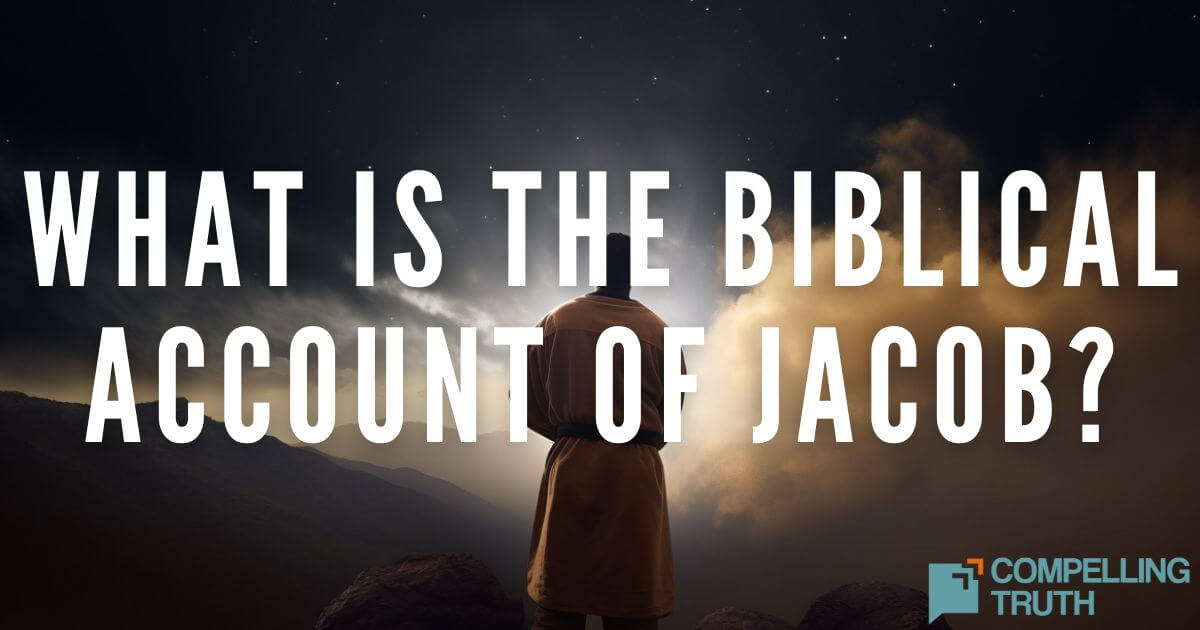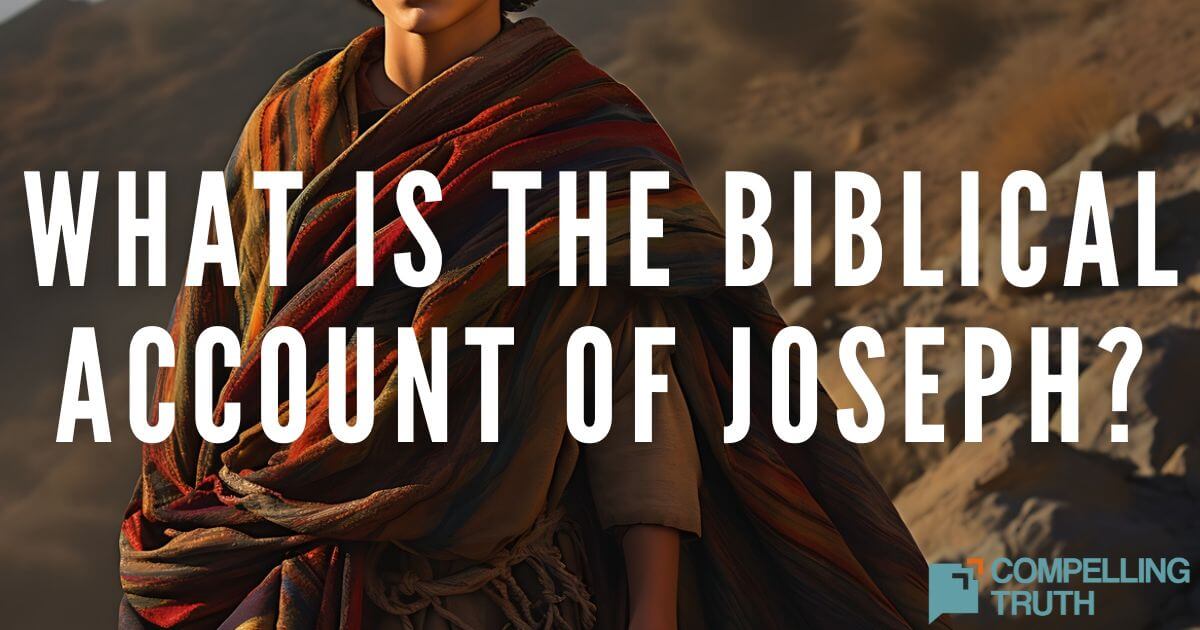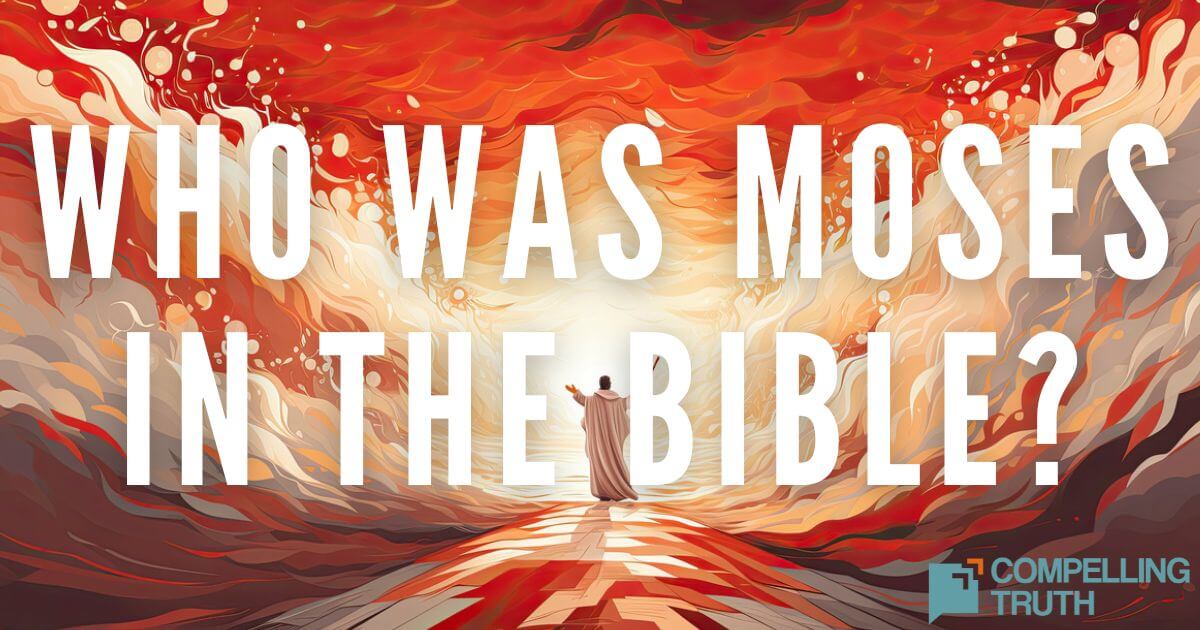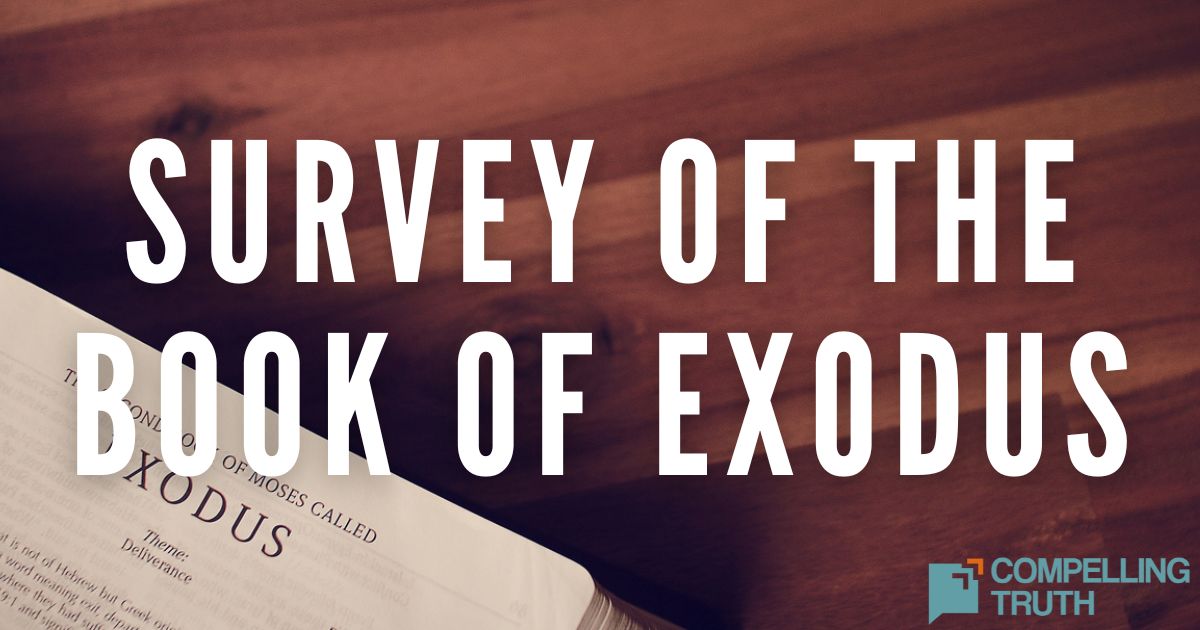what does the bible say?
The land of Goshen, where the Israelites dwelled in Egypt, illustrates God's provision and protection throughout history. Goshen, a fertile land separated from Egyptian influence, became a place of prosperity for God's people. However, it also became a temptation for them to rely on earthly comforts rather than trusting God. The land of Goshen warns against complacency and emphasizes the importance of remaining faithful and separate from worldly influences, ultimately teaching us to trust in God's sovereignty over our lives and circumstances.
